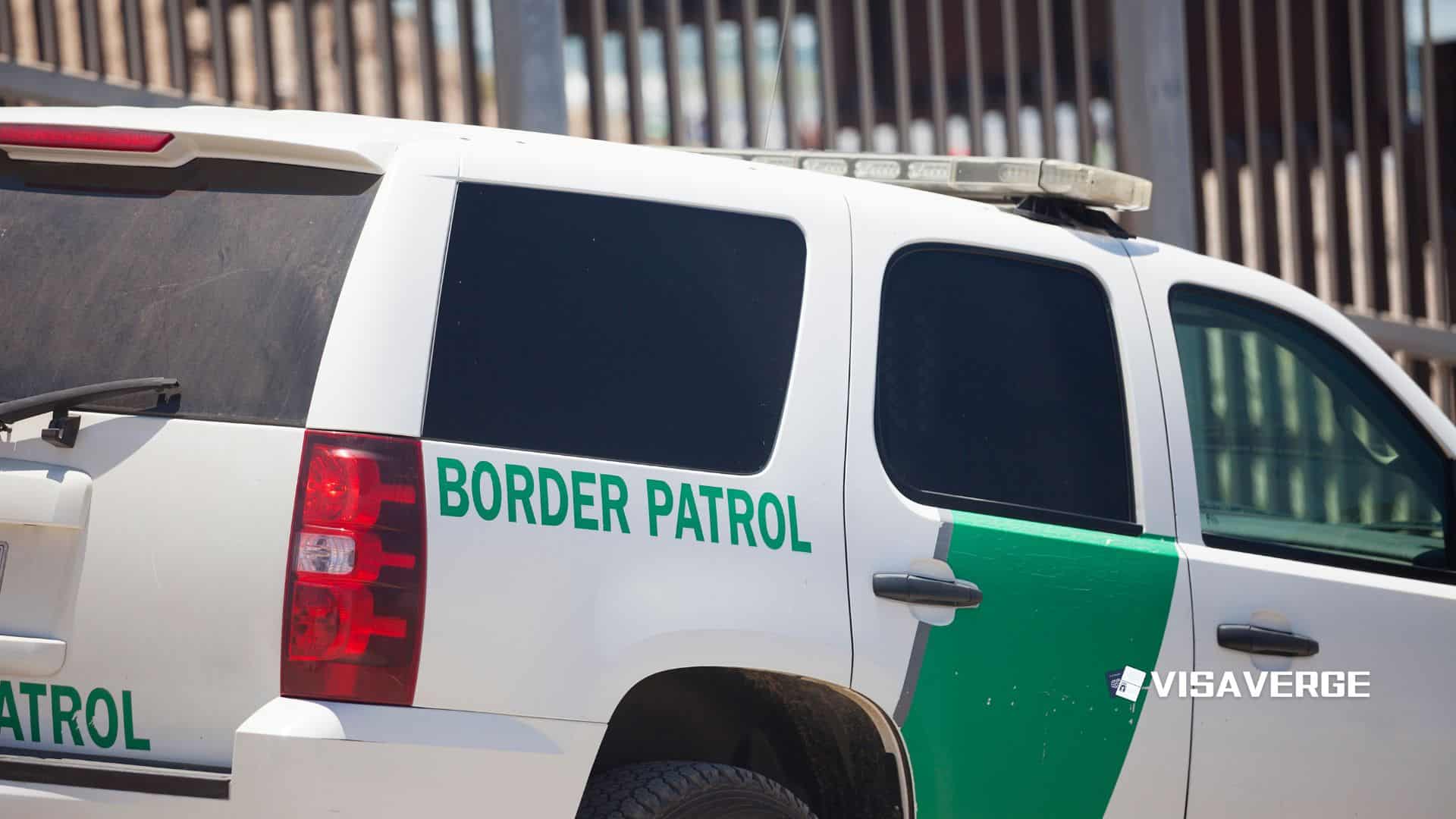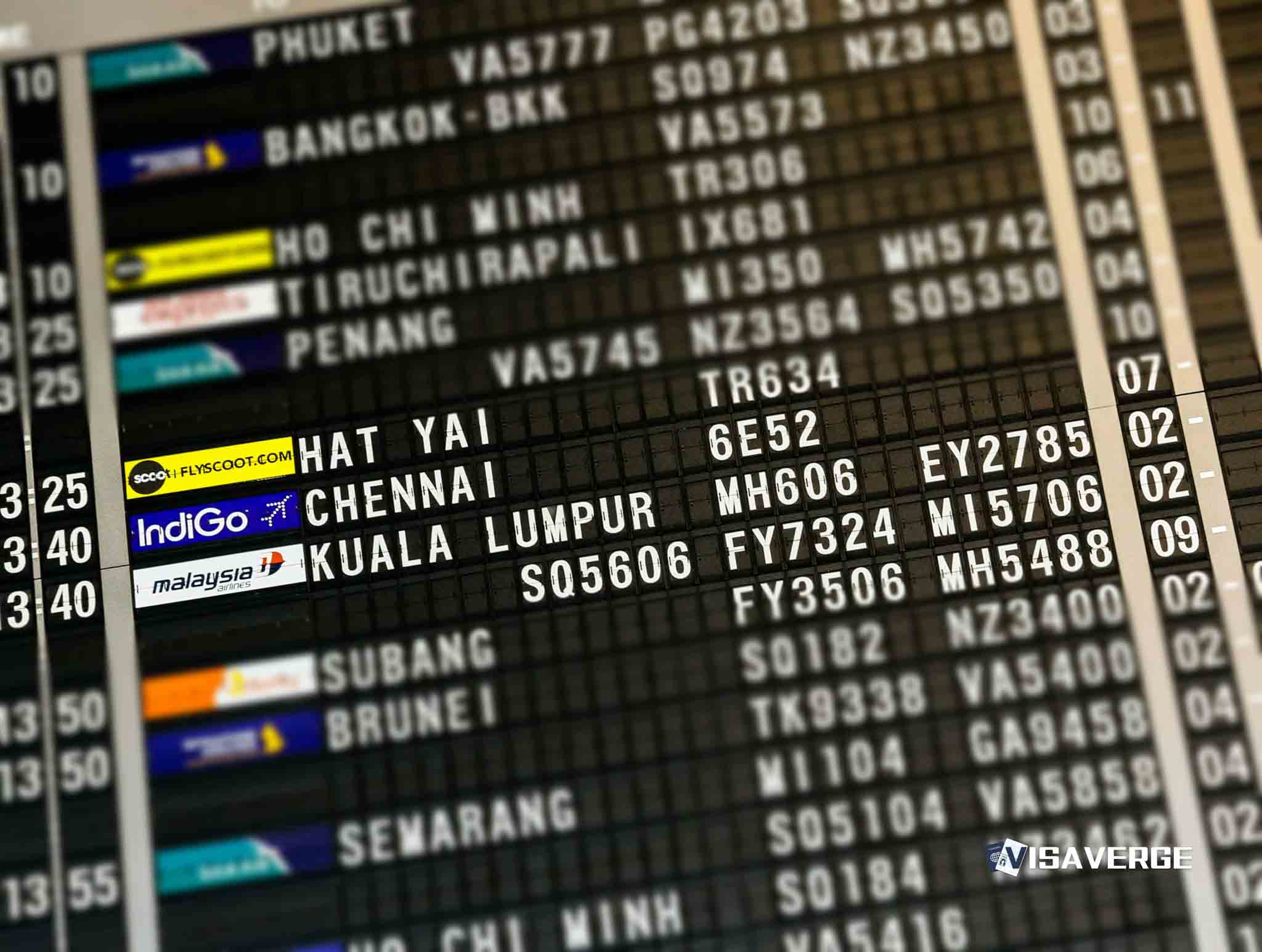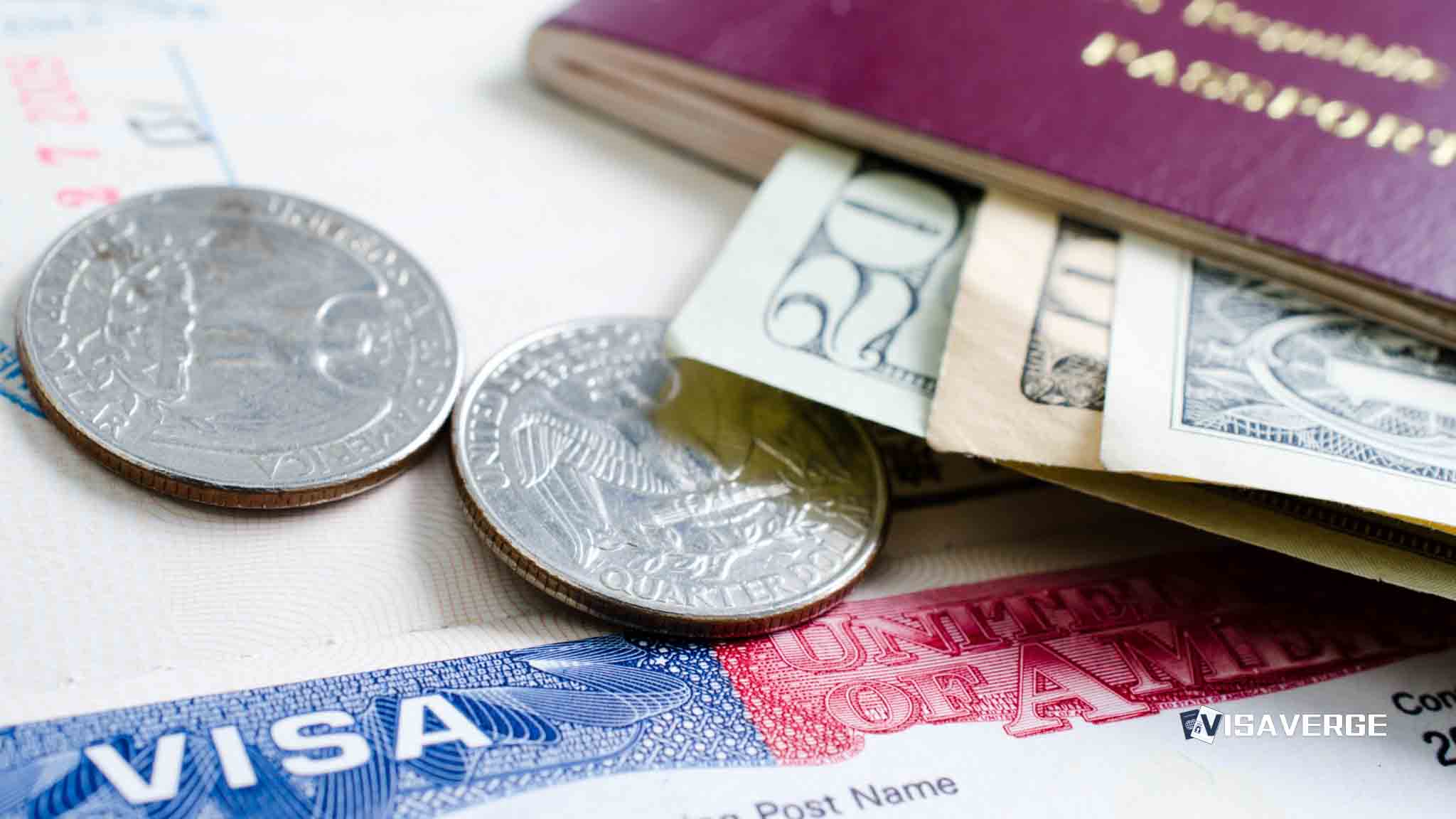(LAS VEGAS) Fear of an immigration crackdown in 2025 is reshaping Hispanic Heritage Month in Las Vegas, where community groups report scaled-back events, last-minute cancellations, and quiet attendance. Organizers say families are staying home rather than risk public settings that might draw attention, even at free, government-hosted festivals intended to welcome everyone.
The shift has turned a usually lively season—September 15 to October 15—into a careful, low-profile stretch for many Latino residents.

Drivers of Anxiety
Community leaders point to heightened enforcement talk and anti-immigrant rhetoric tied to the return of Trump-era policies. They also cite the Supreme Court’s decision in May 2025 to allow a temporary pause of a Biden-era humanitarian parole program for people from Cuba, Haiti, Nicaragua, and Venezuela, which deepened anxiety.
Families with mixed immigration statuses feel especially exposed. Several organizers said some members even chose to self-deport earlier this year. Analysis by VisaVerge.com shows similar patterns in other U.S. cities facing stepped-up enforcement and public debate over migrant arrivals.
One of Las Vegas’s most active cultural groups, Club Social Nicaraguense Las Vegas, usually fills its calendar with dance performances, food fairs, and school outreach during Hispanic Heritage Month. This year, the group says it had joined only three events by mid-October, with a fourth scheduled—a small fraction of past activity.
Reduced participation and cancellations have become common across grassroots events, with organizers in cities like Chicago and Sacramento reporting the same.
Community Impact and Response
The fear is personal and immediate.
- Parents worry about leaving children at home.
- Teens worry about drawing attention on stage.
- Some adults say they no longer feel safe riding together to performances.
For months, groups such as the Nicaraguan club practiced at private homes rather than at public centers. Rehearsals moved behind closed doors to protect families, even when events remained technically open to all. This marks a sharp change from past years, when rehearsals doubled as social time.
The emotional cost is heavy. Leaders describe a steady layer of stress on top of daily challenges—work, school, rent—and now the fear of being in the wrong place at the wrong time. People whisper about routes to venues and prefer daytime events to avoid late-night drives. The joy of dance, food, and music that normally defines Hispanic Heritage Month sits under a cloud of worry.
Local Cultural and Commercial Ripple Effects
A Las Vegas ripple effect shows how culture, business, and safety concerns intersect during an immigration crackdown:
- The Bolivian community canceled its 15th annual pre-Lenten Carnival in April 2025 after out-of-state performers pulled out over enforcement fears. The only prior cancellation was in 2020 (pandemic).
- The Broadacres Marketplace in North Las Vegas temporarily closed in June 2025 following ICE raids and safety concerns for vendors and patrons.
These disruptions sent a message: even routine weekend commerce can feel risky in the current climate.
Legal Context and Official Information
The Supreme Court’s spring decision, combined with statements from President Trump and his allies about ending parole options and increasing removals, intensified local anxiety. The Biden administration has defended its humanitarian parole framework, and the legal fight remains active.
For official background, readers can review the federal overview of the CHNV processes on the U.S. Citizenship and Immigration Services website: USCIS – Processes for Cubans, Haitians, Nicaraguans, and Venezuelans.
While the legal status of that policy continues to shift, the immediate effect in Las Vegas has been clear: more fear, fewer public appearances, and quieter cultural spaces.
Official Events Continue, but Attendance Gaps Persist
Despite pullbacks among community-led groups, many official and commercial events went ahead.
- Clark County and the City of North Las Vegas kept art exhibitions, parades, and festivals on the calendar.
- Major venues hosted Latin music nights and family-friendly cultural days.
- The inaugural Latin Heritage Parade in Downtown Summerlin on September 16, 2025, proceeded as planned.
However, attendance from immigrant-heavy groups was lower, according to organizers who track volunteer sign-ups and performer counts. Some teams dropped out days before events; others sent smaller ensembles.
The celebrations stayed open and free, but the people most tied to the culture felt the most pressure to stay out of sight.
This mismatch—public invitation, private hesitation—captures the 2025 season in Las Vegas.
Changes in Presence and Transportation
- Families who once arrived in packed vans now carpool in pairs.
- Youth groups that used to wear bright, traditional outfits now opt for smaller, low-key gatherings at homes.
- Leaders describe a “quiet festival,” where culture continues—but away from stages and spotlights.
Local officials encourage residents to use government channels for event information and support. County cultural affairs offices and city programming teams say they welcome all residents and stress that arts events are inclusive. Still, federal signals about tighter enforcement and renewed removals cause families to weigh risk more heavily than local assurance.
Economic and Mental Health Effects
The economic impact is tangible.
- Fewer performances mean fewer costume orders, fewer catering jobs, and fewer vendor sales at markets that rely on foot traffic during Hispanic Heritage Month.
- For small troupes and food businesses, the month often covers costs for the rest of the year; this fall, some of that income never arrived.
- Organizers worry about keeping dance studios open and sustaining youth programs that depend on performance fees and donations.
Community advocates also highlight the mental health strain.
- Parents and teens feel torn between pride and safety.
- People want to share their traditions but fear the spotlight.
- Counselors and teachers report more questions about what to do if a public event is interrupted by enforcement activity, even when there’s no specific threat.
From a legal standpoint, immigrants—regardless of status—retain certain rights in public spaces. But exercising those rights in the face of stepped-up rhetoric and visible raids can feel very different from reading a pamphlet.
- The recent pause of a key parole pathway, statements from President Trump about stronger measures, and the ongoing policy debate shape day-to-day choices.
- Many families now plan around the possibility of a stop, a checkpoint, or an address check that might escalate.
- Even if those scenarios never occur at a festival, the fear alone changes behavior.
How Organizers Are Adapting
Organizers are adjusting strategies to keep culture alive while lowering risk:
- Plan daytime neighborhood fairs with limited promotion.
- Focus on school-based events where families feel safer.
- Host “by invitation” cultural nights mixed with know-your-rights sessions.
The goal is to preserve traditions without exposing families to perceived risk.
Looking Ahead
What happens after October 15 matters. Leaders expect winter holiday events to face the same caution unless there’s a clear policy shift or a drop in enforcement actions.
For now:
- Rehearsals continue in homes.
- Costumes remain ready.
- Communities wait for a better moment to return to big stages.
In 2025, Hispanic Heritage Month in Las Vegas told two stories at once: public stages stayed lit, but many performers most rooted in the tradition chose the living room over the plaza. For families weighing celebration against safety in the shadow of an immigration crackdown, the quieter choice felt like the only choice.
This Article in a Nutshell
Fear of an immigration crackdown in 2025 significantly affected Hispanic Heritage Month activities in Las Vegas. Community organizers reported reduced participation, last-minute cancellations, and private rehearsals as families—especially those with mixed immigration statuses—avoided public events. The Supreme Court’s May 2025 decision to pause a Biden-era humanitarian parole program for Cubans, Haitians, Nicaraguans and Venezuelans, combined with renewed enforcement rhetoric tied to Trump-era policies, intensified local anxiety. While Clark County and the City of North Las Vegas continued official celebrations, attendance from immigrant-heavy groups declined, producing economic losses for vendors and emotional strain for residents. Organizers adapted by shifting to daytime neighborhood fairs, school events, and invitation-only gatherings that incorporate know-your-rights sessions. Leaders warn winter holidays could face similar caution unless policy signals change; communities remain cautious but keep cultural practices alive privately.







